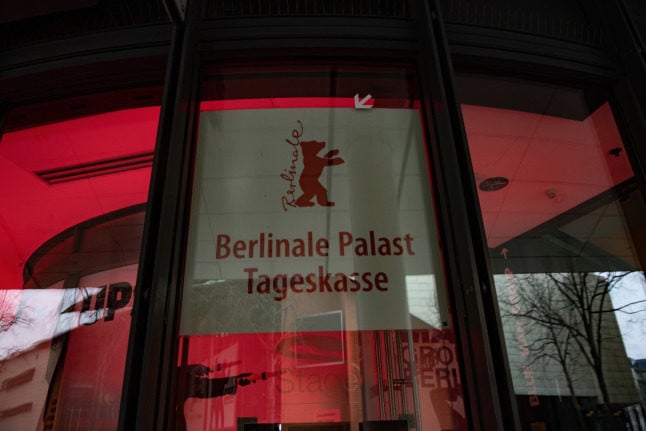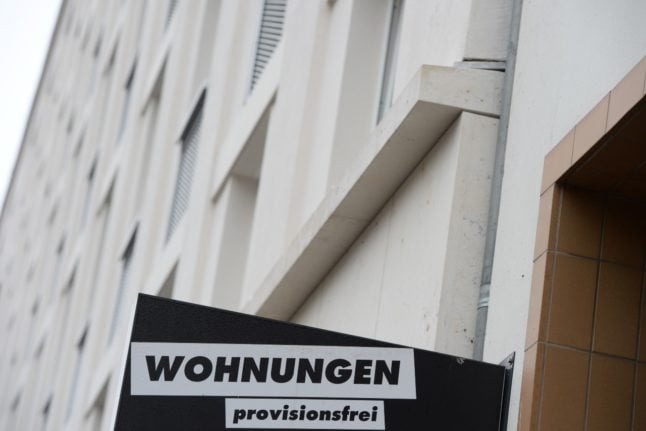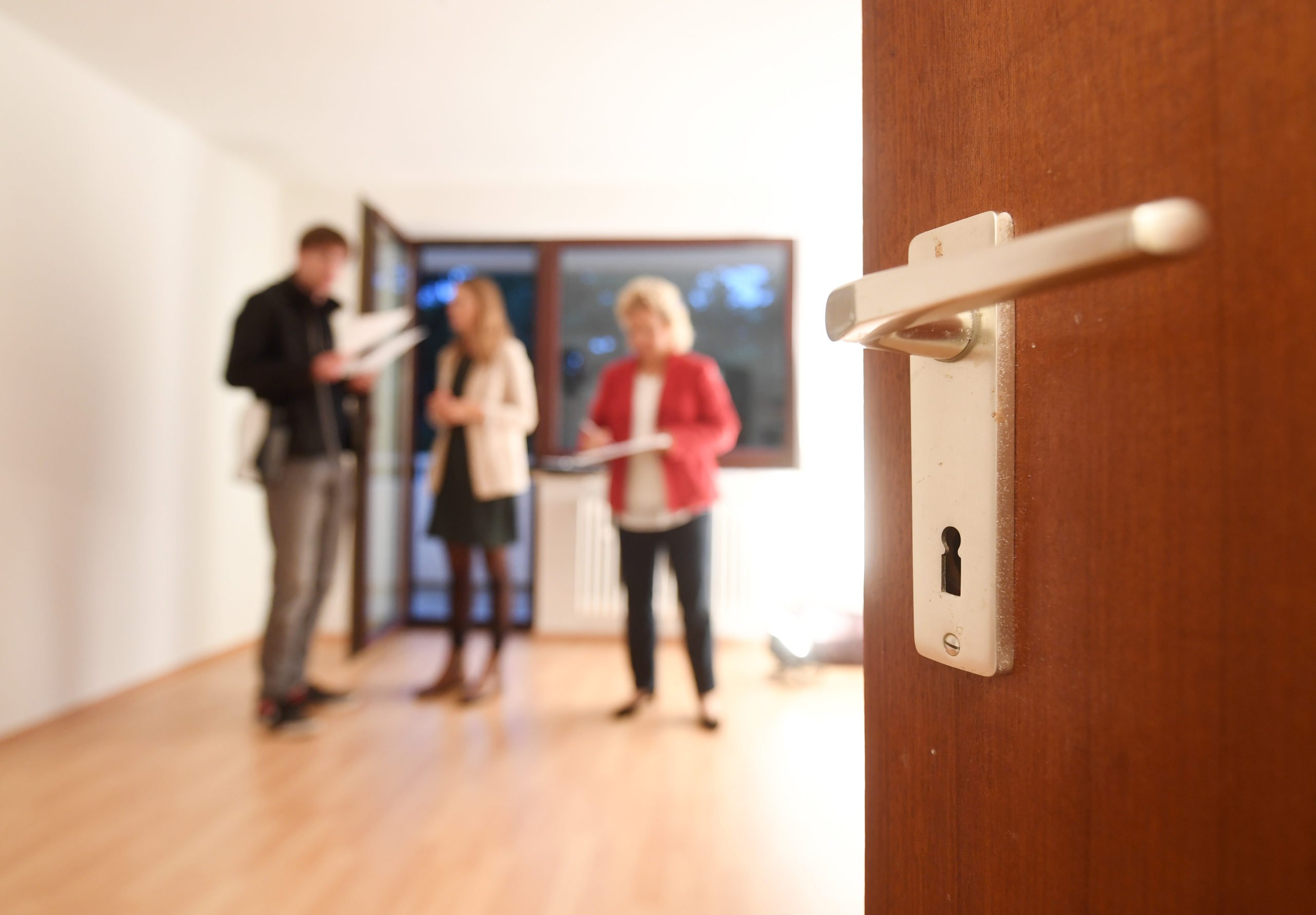Berlinale Summer Special – June 9th-20th
The Berlinale, arguably the world’s largest international film festival,happens in Berlin each year. Yet because of Covid-19, Berlinale 2021 came in two parts, starting with online screenings in March.
View this post on Instagram
Now, part two promises to be spectacular, with 16 different outdoor cinemas screening shortlisted films all across Berlin, from Kreuzberg to Mitte and Hasenheide to Rehberge.
Tickets are available from June 3rd and cost between €5 and €15.
READ ALSO: Berlinale to host outdoor festival for film fans this June
Objective, Realistic, Magical, Duisburg – Open Now until July 18th
This history infused art exhibition at the Lehmbruckmuseum explores the wild artistic currents of 1920s Germany.
Sandwiched between two World Wars, this unusual time of decadence and social deprivation, trauma, glamour and political upheaval gave rise to some of the most renowned – or notorious – German artists.
Duisburg hosts a whole spectrum of creatives from the heartbreaking illustrator Käthe Kollwitz, the cynical painter Otto Dix and caricaturist Georg Grosz, to painter, printmaker and sculptor Max Beckmann and more.
Standard tickets cost €9, concessions are €5.
Heidelberger Schlossfestspiele – 12th June – 1st August
The famous Heidelberger Palace has excitedly but cautiously announced that this year’s Festspiele will be going ahead.
View this post on Instagram
A series of open-air theatre, dance and music performances will be taking place between the atmospheric ruins of the 19th century castle. This includes an interpretation of ‘Dracula’ and the family-friendly German classic ‘Rodrigo Raubein’. Tickets cost €16.
READ ALSO: Why Heidelberg is Germany’s most inspiring city
Erwin Olaf: Strange Beauty, Munich – Open Now – September 26th
This retrospective exhibition follows the development of Erwin Olaf, one of the most famous contemporary photographers from the Netherlands.
View this post on Instagram
As well as his intricately staged photography, Olaf is known for being provocative. A wholehearted believer in tolerance and unity, he’s not afraid of controversy to get his point across.
No test is required, but you have to book a time slot in advance. Standard entry costs €13, but there’s a 50 percent discount on Tuesdays.
Diversity United, Berlin – June 9th – September 19th
This ambitious exhibition brings together 90 artists from 34 European countries under the roof of the old Berlin airport, Flughafen Tempelhof.
The exhibition is meant to showcase the extraordinary diversity of Europe’s contemporary art scene.
“The works on display shed light on themes such as freedom and democracy, migration and territory, political and personal identity, utopias and fears, which also revolve around the current pandemic.” writes the Stiftung für Kunst und Kultur.
Tickets will be available soon. Standard entry is €10, and €5 for students.
The Female Side of God, Frankfurt – Open now until June 26th
In this exhibition, the Jewish Museum Frankfurt takes a look at the feminine element of the representation of God in the three biggest monotheistic religions.
View this post on Instagram
The idea is to look at art, sculpture and scripture through the lens of social and historical contexts.
Standard entry is €12, test and time slot required.
Around since the Roman times, the Rhineland-Palatinate wine region long been a favourite stopping point for German vino fans. Now, the region is open for business again.
READ ALSO: Meet the man introducing internationals to German wine
Nestled into idyllic rolling hills and cherry-tree lined avenues, many of the historical vintners are offering wine tastings and “Weinstrasse Road Trips”.
Hotels and hostels are open again in the Rhineland-Palatinate, but require rigid testing, and many are opting for caravans and holiday homes instead.
View this post on Instagram
Lunatic Festival, Lüneberg – June 4th and 5th
Every June, 25 students re-invent lunatic festivals in a fresh celebration of culture, art and music.
This year, they’ve been particularly creative, to make sure the festival can take place in a Covid-safe way, without losing any of its spontaneity.
Performances are scattered across the city and include synth-wielding German rap by Tropikel Ltd. and “avant-garde pop” from Lizki.
Costs €43.60 for each day.




 Please whitelist us to continue reading.
Please whitelist us to continue reading.
Member comments